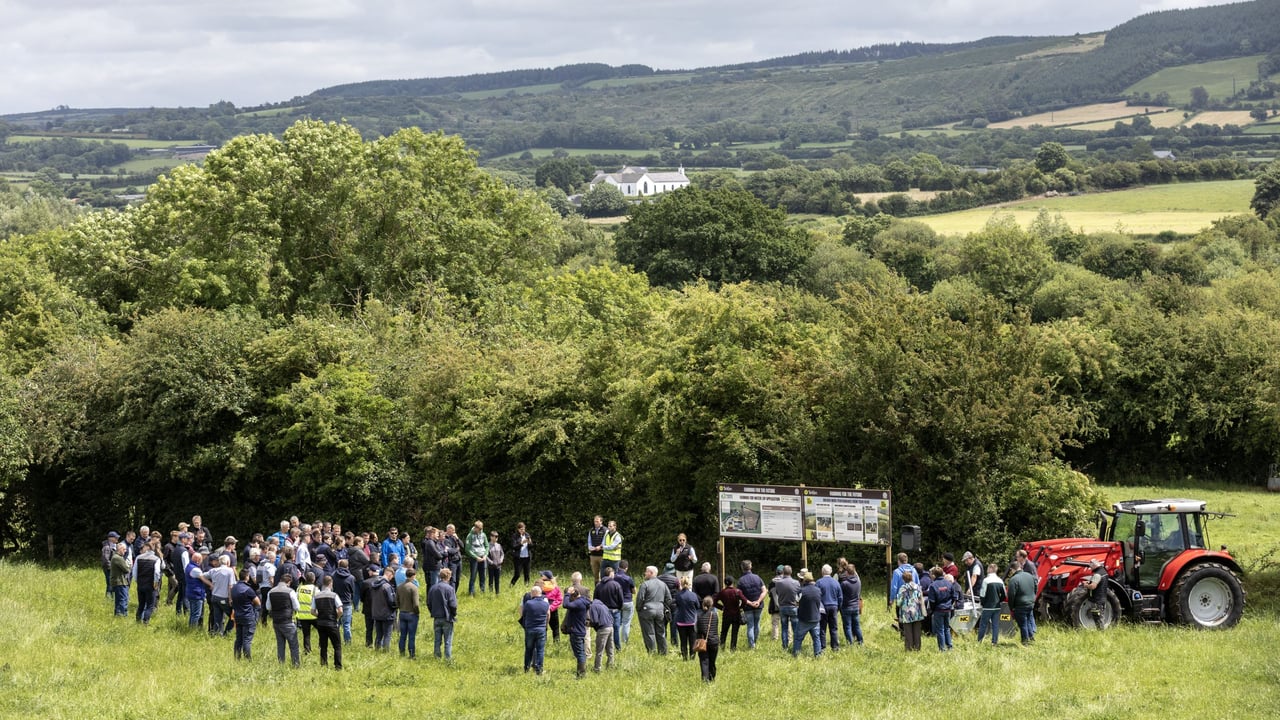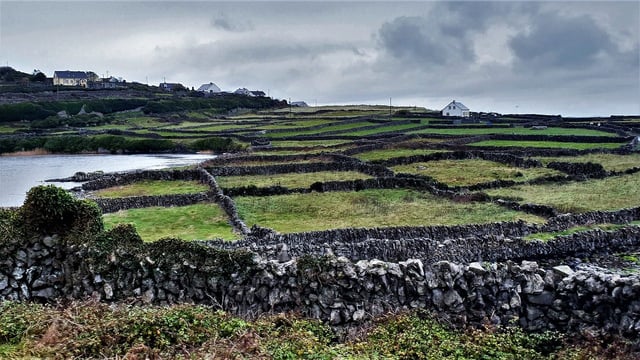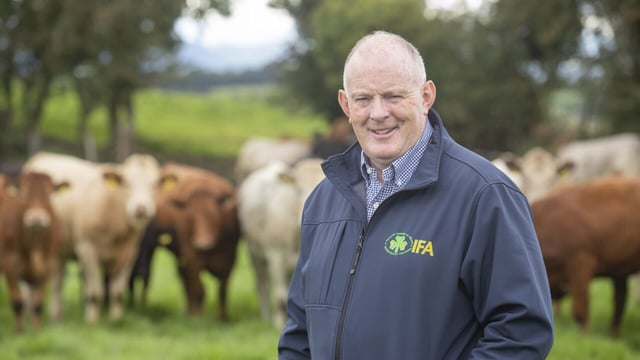Large attendance at Tirlán 'Farming for the Future' event in Co. Laois
Tirlán hosted their flagship Farming for the Future farm walk and talk on the farm of Seamus Brennan just outside Abbeyleix, Co. Laois today (Monday, June 23).
Tirlan said the farm walk was a hugely important event for both them and the wider agricultural sector, with an added focus and interest from fellow farmers on water quality and protection.
Seamus Brennan is milking 125 cows alongside his wife Michelle and their four children, and sent out 504kg of milk solids/cow last year while utilising 10t of grass/ha and feeding 1.2t of meal/cow.
The farm has a Nitrogen (N) balance of 186kg N/ha with a carbon footprint of 0.81kg carbon dioxide equivalent (CO2e)/kg of fat and protein corrected milk, which is well below the Tirlán average of 0.95 CO2eq/kg of milk solids.
This highlighted Seamus' approach to agriculture and farming as he farms in a environmentally sustainable manner, which drives his economical and cow performance.
It was highlighted that there is now less than six months to go before the European Commission's decision on whether Ireland’s nitrates derogation will be retained beyond December 2025.
Tirlán chair, John Murphy said he was hugely impressed with the number that turned up to the farm walk and talk on the day.
He said that the retention of the nitrates derogation "is really important to us as farmers, to rural communities, to urban communities, and really important to our planet".
Murphy also highlighted the importance of a viable family farm unit as food producers, and said that a farmer told him "that we should all be called food producers" instead of farmers.
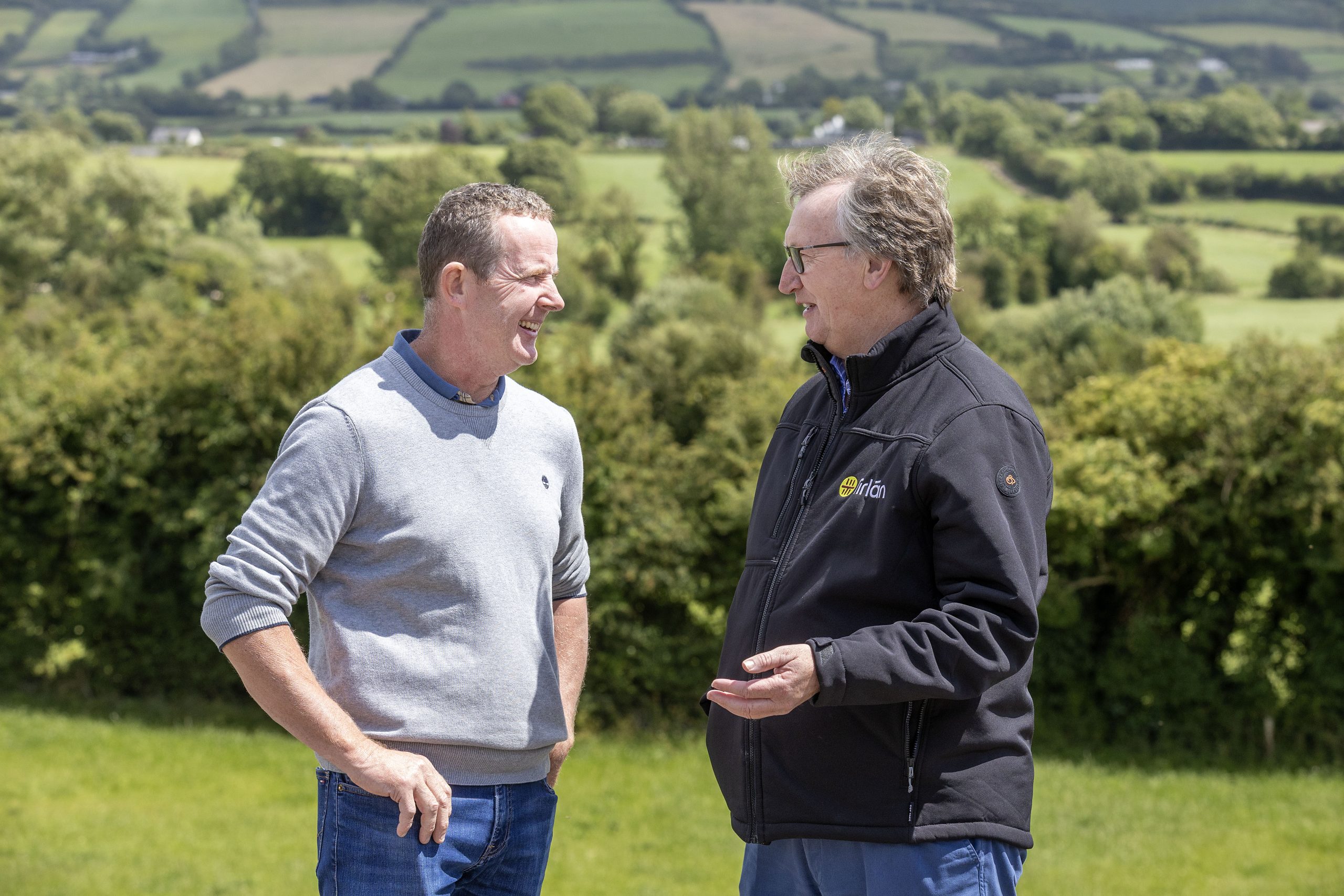
"It's not a question of nitrates or farming, we can have both and we must have both," Murphy added, as he connected this back to "attracting the next generation" by ensuring a "viable farm future."
He stressed the need for a viable farm business and attracting young people into the industry so that Ireland has a food production industry long into the future.
Murphy said: "We don't want to be here in two or three decades' time wondering where did it all go wrong."
Tirlán's chief environmental, social, and governance officer, Dr Lisa Koep held two panel discussions on the day, where she spoke about the importance of being "economically and environmentally successful", highlighting that the two can work in tandem.
Senior inspector of the Nitrates and Biodiversity Division at the Department of Agriculture, Food and the Marine (DAFM), Ted Massey spoke about the government's progress in ongoing discussions and meetings with the European Commission.
Massey highlighted that no other state is requesting an extension of the nitrates derogation, but added that "Ireland has a unique set of circumstances" with a longer growing season and grazed grass-based diet.
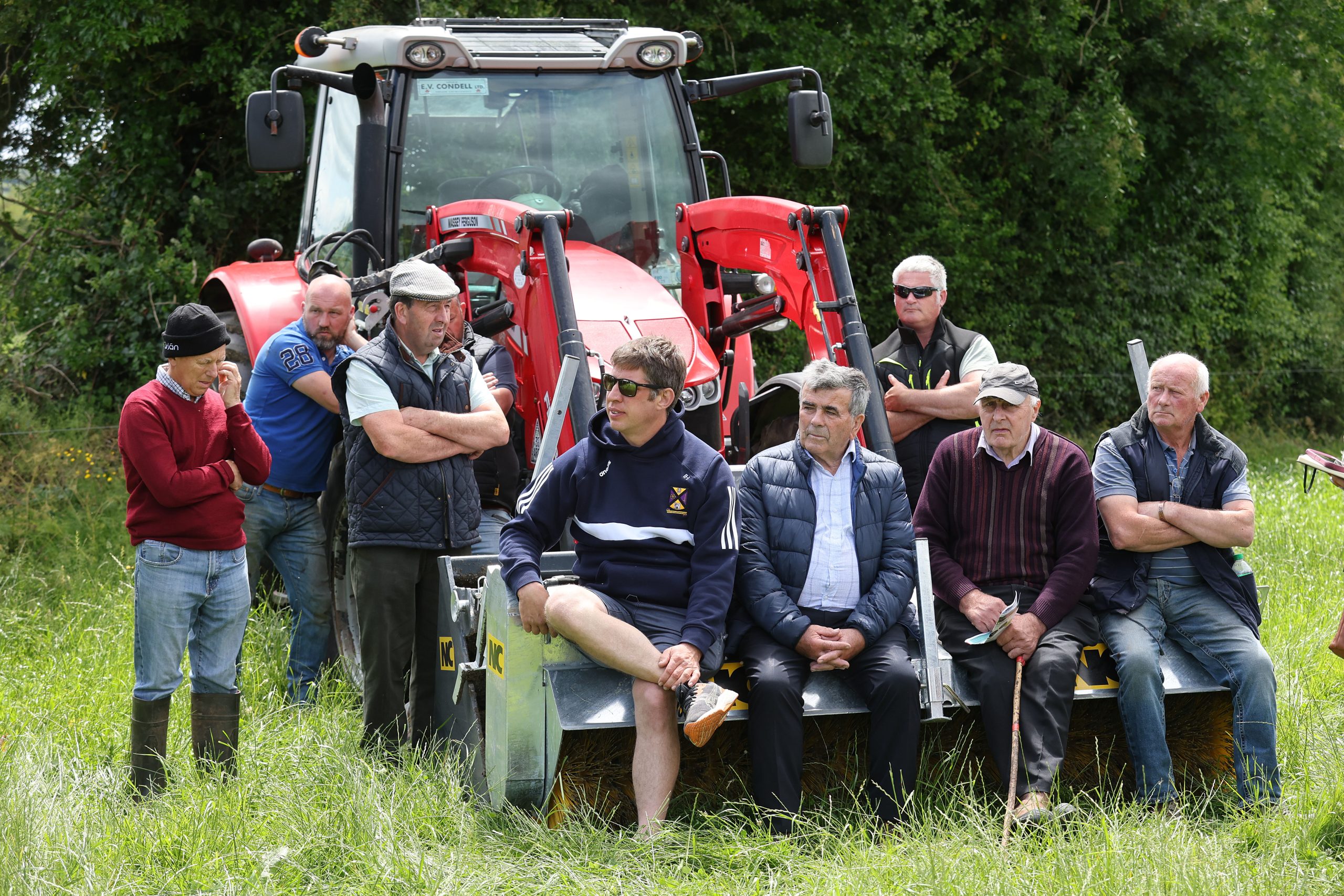
He also noted that the word 'derogation' was not mentioned in the formalised request, but instead it sought "permission to farm at a higher level".
Programme manager at Environmental Protection Agency (EPA) Ireland, Jenny Deakin mentioned that farmers' actions are making an impact on water quality.
Deakin said: "The trend is going in the right direction".
Director of knowledge transfer at Teagasc, Stan Lalor commended all the programmes and initiatives set up to improve water quality but also stressed that each farmer needs to ask themselves: "What are the important things I need to do?"
Lalor said that to retain the derogation: "We have a hell of a road to go.
"Helping individual farmers is really what we are about," he added.
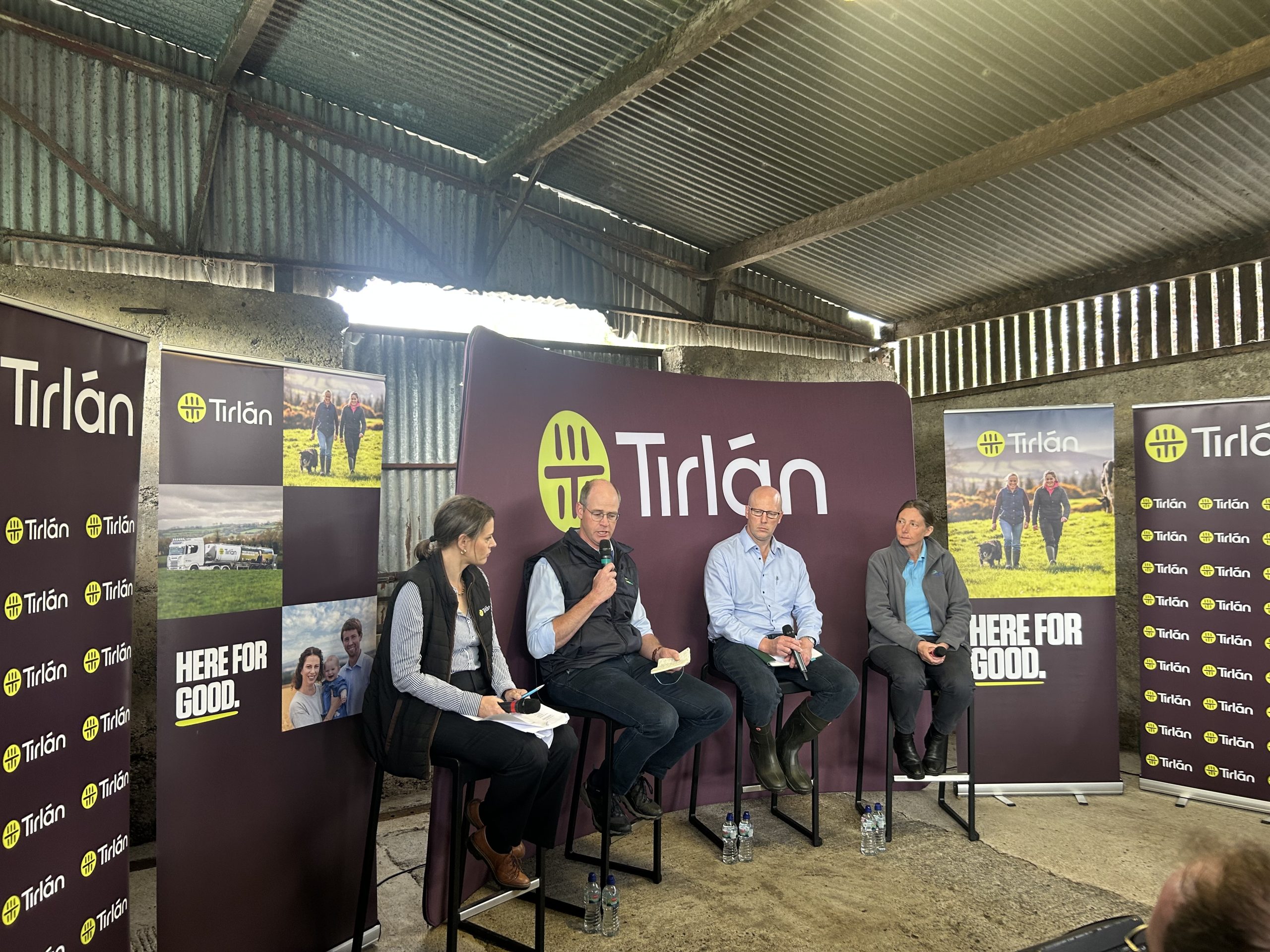
Director of Dairy Industry Ireland, Conor Mulvihill said: "We have six months to save the future of Irish dairy and Irish agriculture.
He added: "Every action you take is a bullet fired for the defense of your industry and your future."
He also noted that this was his 52nd event in 10 months around the same issue of water quality and the nitrates dergogation.
Mulvihill said: "This needs to be a Team Ireland Inc. approach" and highlighted the three pillars to retaining the nitrates derogation - the science; the political and administrative; and the legal elements.
Head of sustainability at Kepak Group, Rebecca Thomson mentioned that the retention of the nitrates derogation is crucial for all sectors of agriculture.
In regard to the meat industry, she said: "It has an impact on the supply chain and impacts all sectors in agriculture".
Chair at Tillage Industry Ireland, Andy Doyle said that he is "also an agriculturist" and said that agriculture is "like a gearbox, if you take out one sprocket, it will eventually grind to a halt".
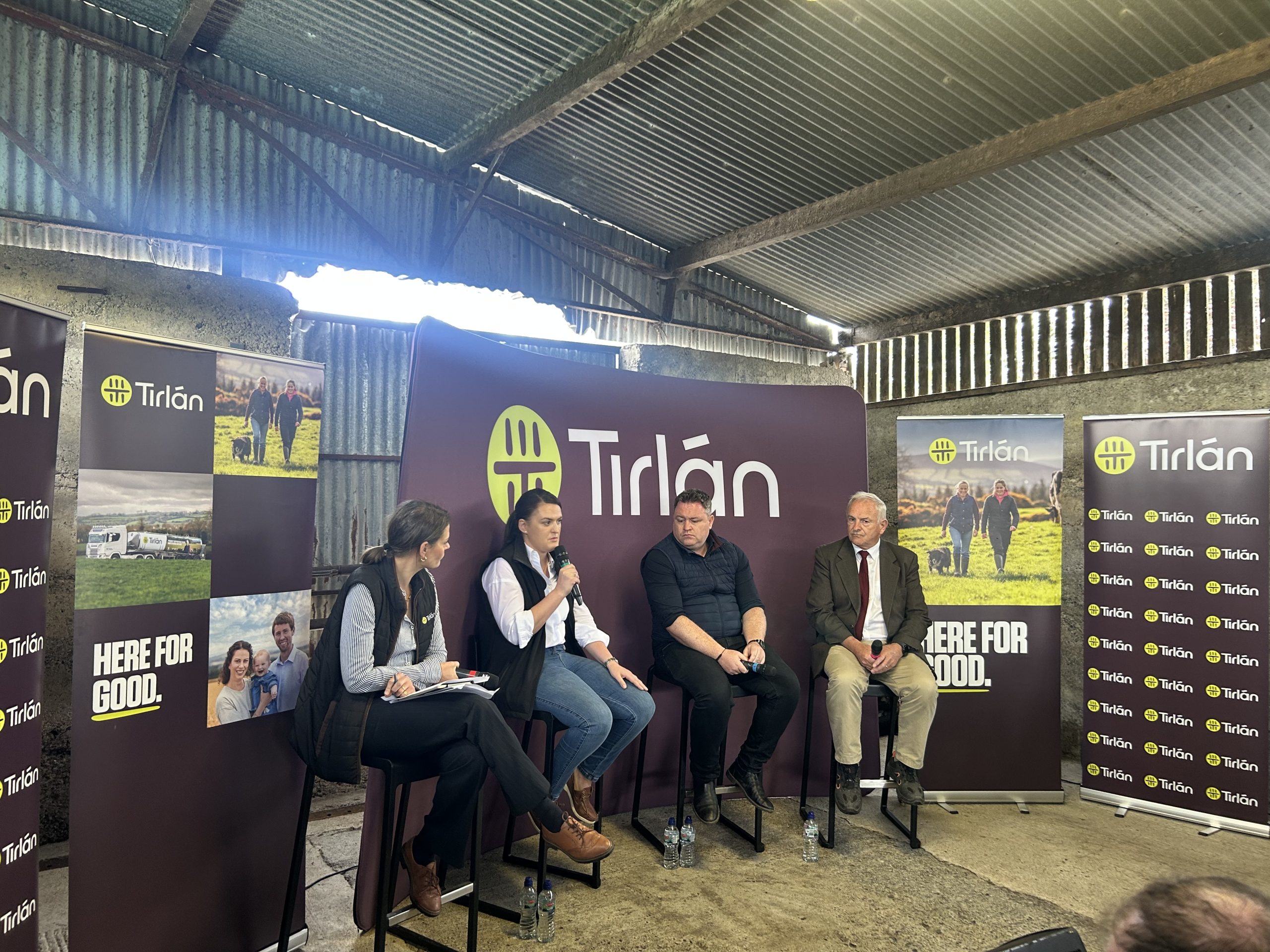
The rest of the day consisted of farmers learning how a focus on milk solids can improve farm performance, and how they can reduce risks to water quality through good nutrient management.
They were also given an insight into how Ireland's hard work in improving water quality was going to be presented to the European Commission.

